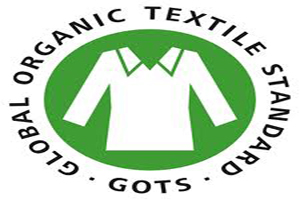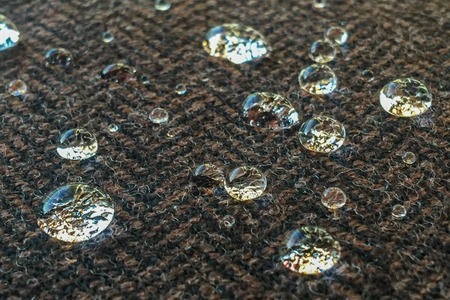
GOTS interdicts Angora and virgin polyester use
YarnsandFibers News Bureau 2014-03-05 15:15:00 – GermanyThe Global Organic Textile Standard (GOTS) is the worldwide leading textile processing standard for organic fibres, including ecological and social criteria, backed up by independent certification of the entire textile supply chain. GOTS has updates its rules for organic textiles. This time they are imposed ban on some pretty popular fabrics.
On Monday, the GOTS International working group released version 4.0 of their standards for fabrics made from certified organic natural fibers. Fabrics made from 70 percent organic natural fibers, which get a label of “made with organic,†and fabrics with 95 percent, which get to call themselves straight “organic.†Among other updates, the new GOTS standards announced that two fabrics are officially out: virgin polyester and angora.
According to Marcus Bruegel, GOTS Technical Director recycled polyester has a lower carbon footprint than virgin polyester, and helps keep plastic bottles out of landfills.
As for angora fur industry, it is unbelievably cruel as the soft, gentle rabbits have their fur ripped from their skin several times during their short, poor bunnies actually screaming as they are plucked and sheared. Dangerously enough, 90 percent of the world’s angora wool comes from China, where, according to PETA, there is no penalties for abuse of animals on farms and no standards to regulate the treatment of the animals.
However, the bans on angora and virgin polyester is not application for everyone, but just for those who put up with by GOTS regulations.
In order to be GOTS-certified, fabric must comply with strict environmental as well as social criteria. Every point of the organic textiles supply chain must comply with the standards from spinning, knitting, weaving, dyeing to manufacturing
Market Intelligence
Ask for free sample Report

experience
Customer Base
dedicated team
Countries Served Worldwide









